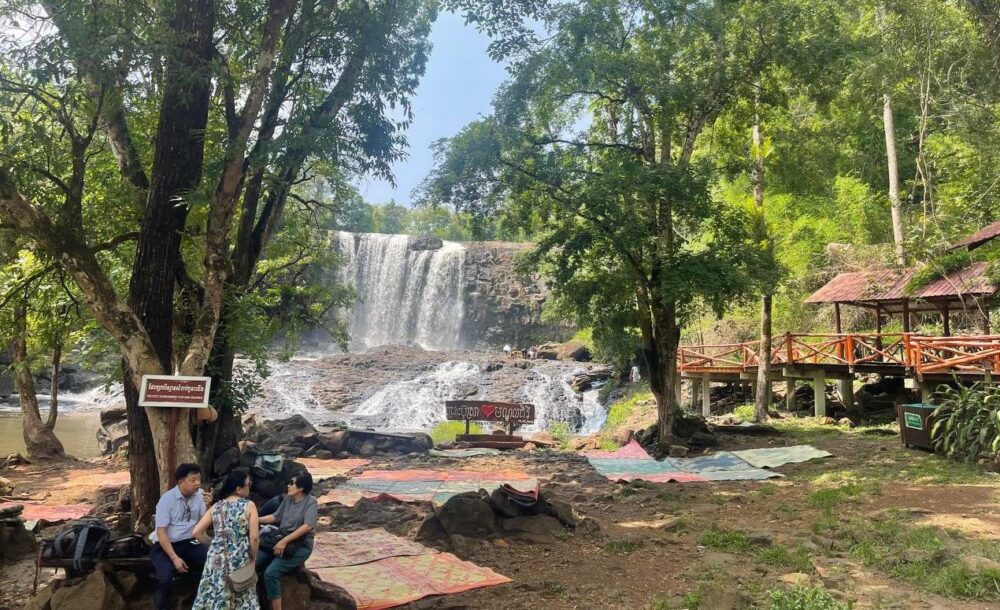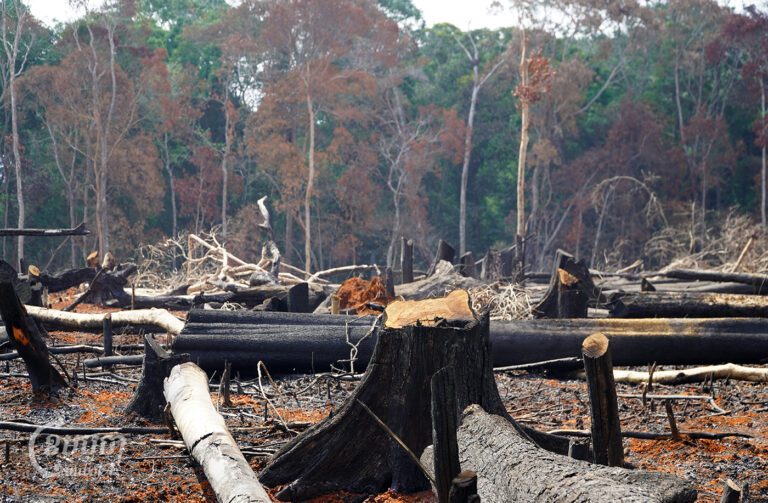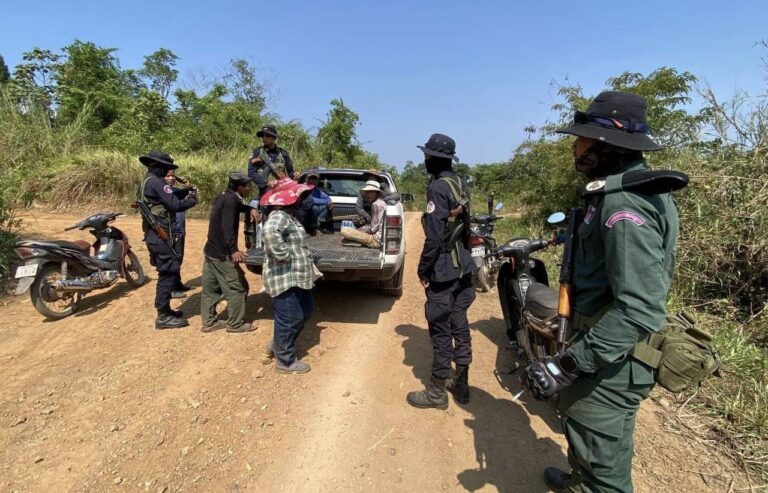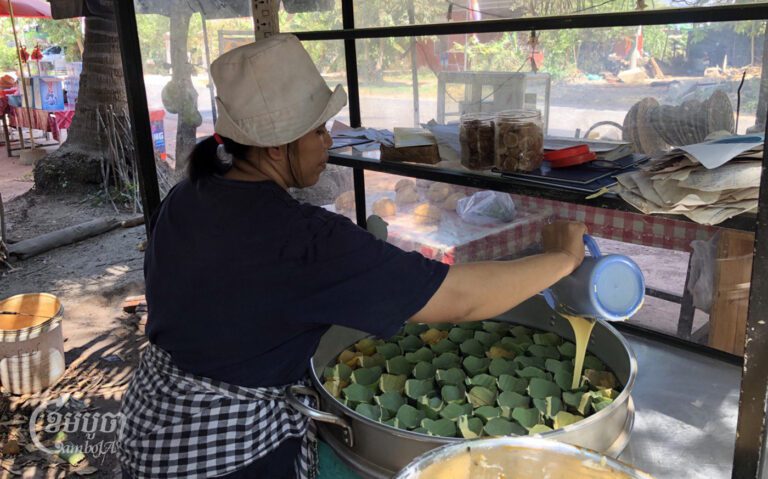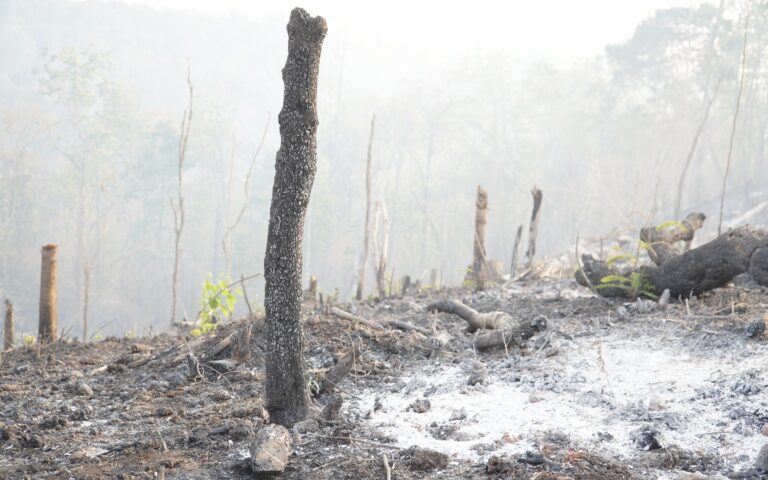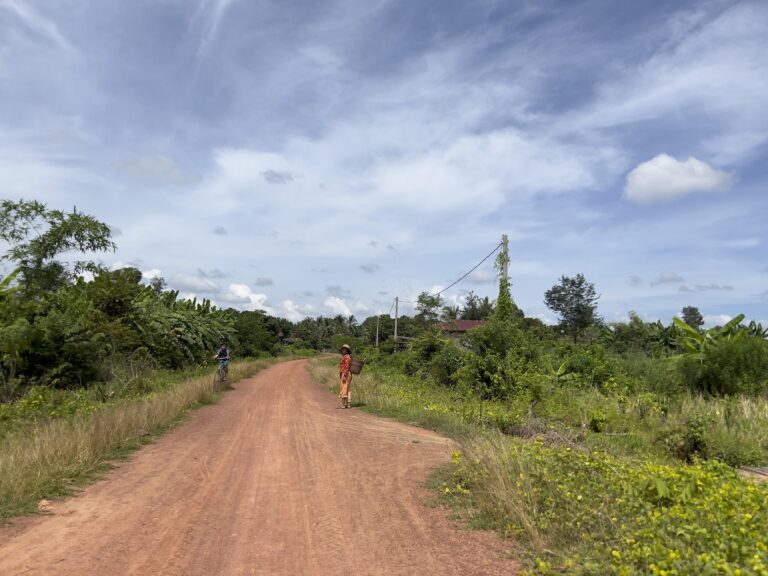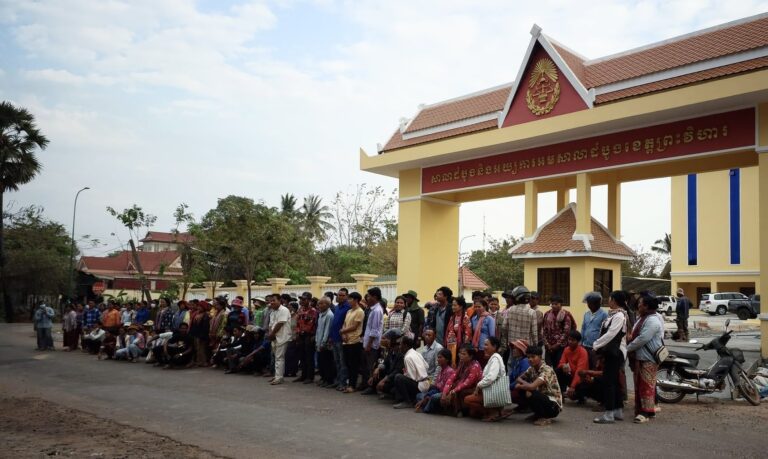The government has permitted private firm Focus Trans Global Venture Co Ltd (FTGV) to study the construction of a new airport in Mondulkiri province, northeast of Cambodia, as well as invest in a build, operate and transfer (BOT) model, the Office of the Council Minister said on January 9.
The cost of the airport is estimated to be $300 million but could rise to $1 billion with the inclusion of a satellite city and multipurpose business center, according to State Secretariat of Civil Aviation spokesperson Sinn Chansereyvutha.
He said the firm, which is part of Focus Consortium, is not just building a new airport but also multiple infrastructures, such as logistic and industrial areas.
“We are focused on air cargo and passengers because we can’t build the airport by relying on passengers only. We have to expand its scope to transport goods through air cargo,” Chansereyvutha explained.
“We will strengthen [Cambodia’s] competitiveness, the export of agro-industry as well as attract eco-tourism [travelers], create jobs, and raise investments.”
The new airport, which will be located in O’Raing district’s Senmonorom commune, Pou Zam village, is expected to cover an area of 300 hectares.
“We have already discussed with inter ministries [regarding] the impact on the environment. There is a little bit [of impact] and does not [involve] much cutting of the forest,” Chansereyvutha said.
“We have already resolved [the issue] related to villagers’ farmland. There is some private land and when they [the company] develop, they will discuss with them,” he added.
FTGV did not respond to questions.
Deputy provincial governor Cheak Mengheang said the new airport would facilitate the transportation of goods, and attract more tourists and investment.
“When there is an airport, the area’s potential for economic growth is higher,” he said, adding that some 50 families had been impacted by the development project but the matter has been resolved.
“They were our indigenous people, who had cultivated [farmlands] but we had resolved [it] by swapping land and [paying] compensation,” Mengheang said.
Pleuk Phirom, head of the Bunong Indigenous Network in Mondulkiri, expressed concern about deforestation and the loss of forests and ancestral land, which are tied to the customs and tradition of indigenous people.
“We have seen the impact [of development] on burial ground and farmlands, as well as the forests and wildlife,” she said.
She said compensation “does not do much” to improve the lives of indigenous people as they are experiencing a lack of land for cultivation.
Meanwhile, Chan Sophal, director of Centre for Policy Studies, said Modukiri has the potential to attract national and international tourists.
At the moment, traveling time from cities takes hours as there are no expressways, so domestic tourism is still limited.
With the presence of an airport, it not only cuts travel time, but would result in more development by the state and private sector to support the airport investment.
“The construction of the airport also provides an opportunity for [the province] to see investment growth and improve tourist services,” Sophal said.


